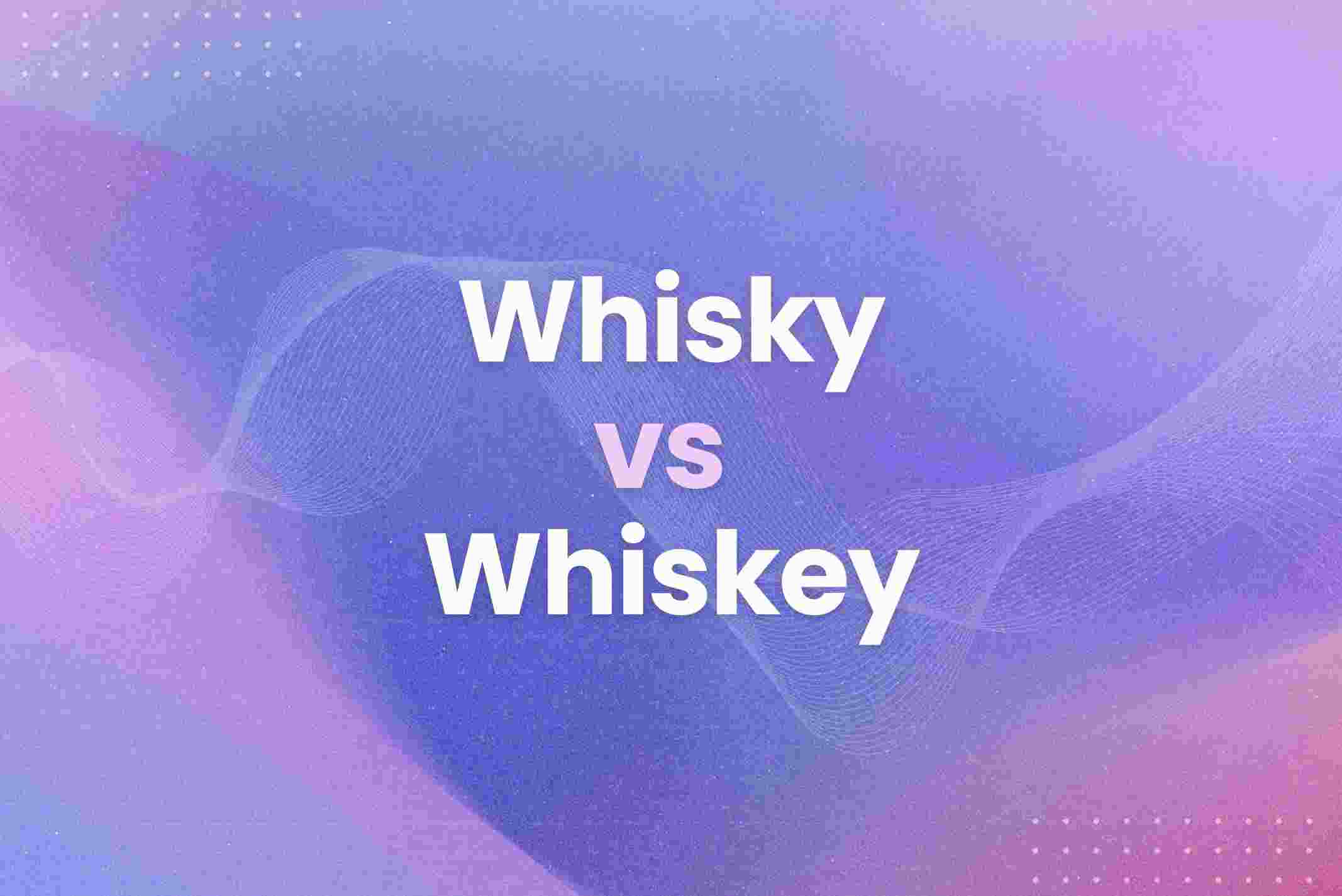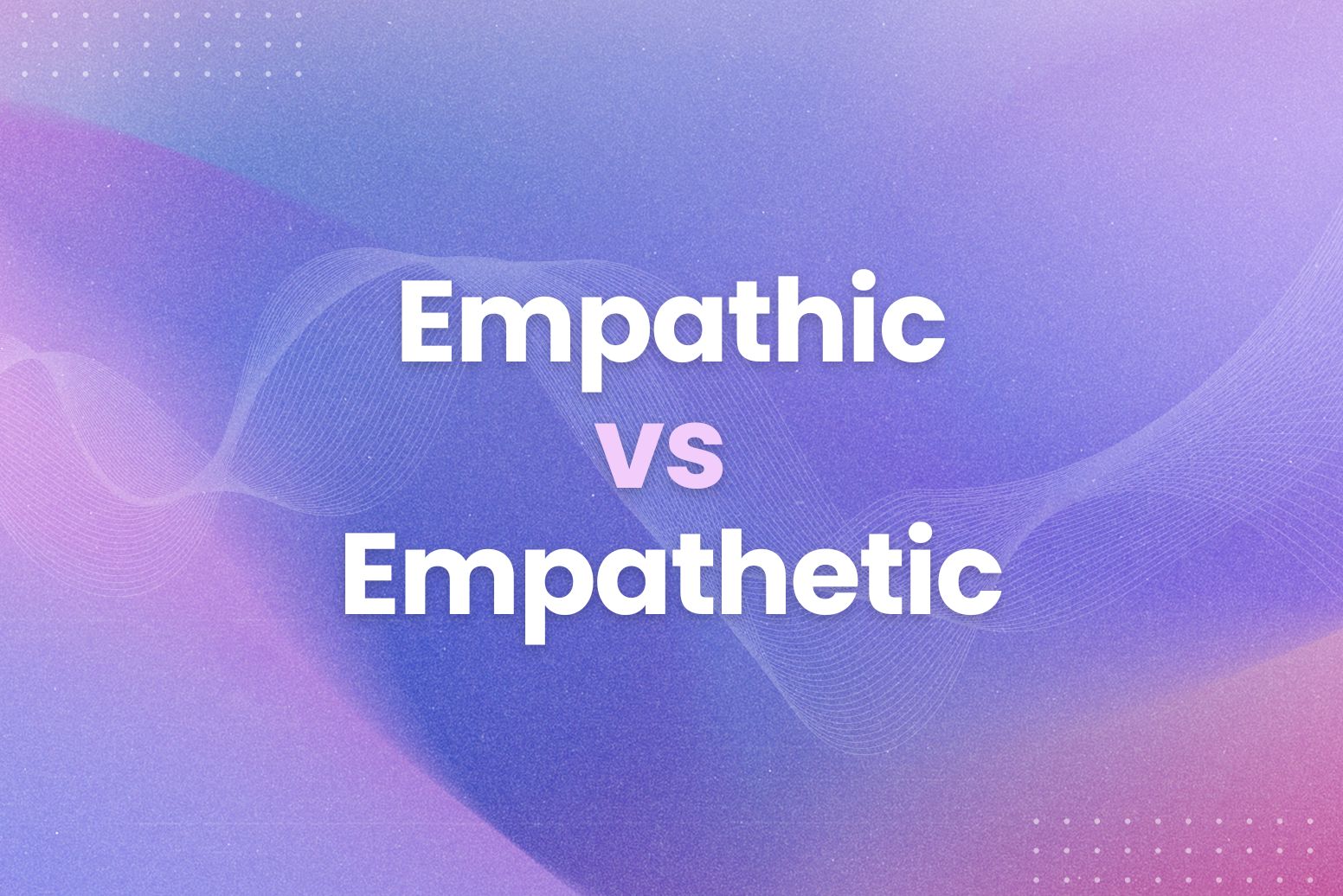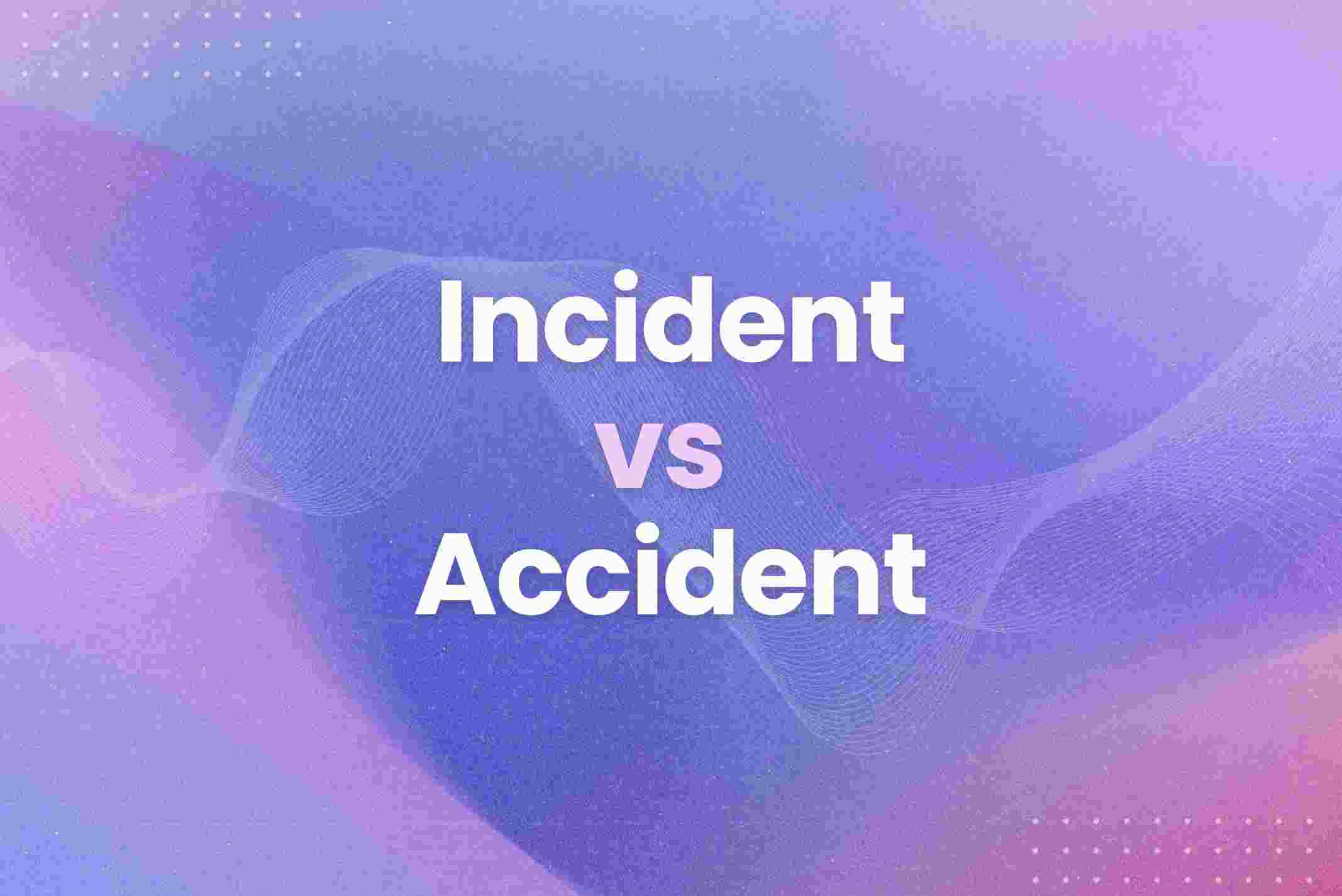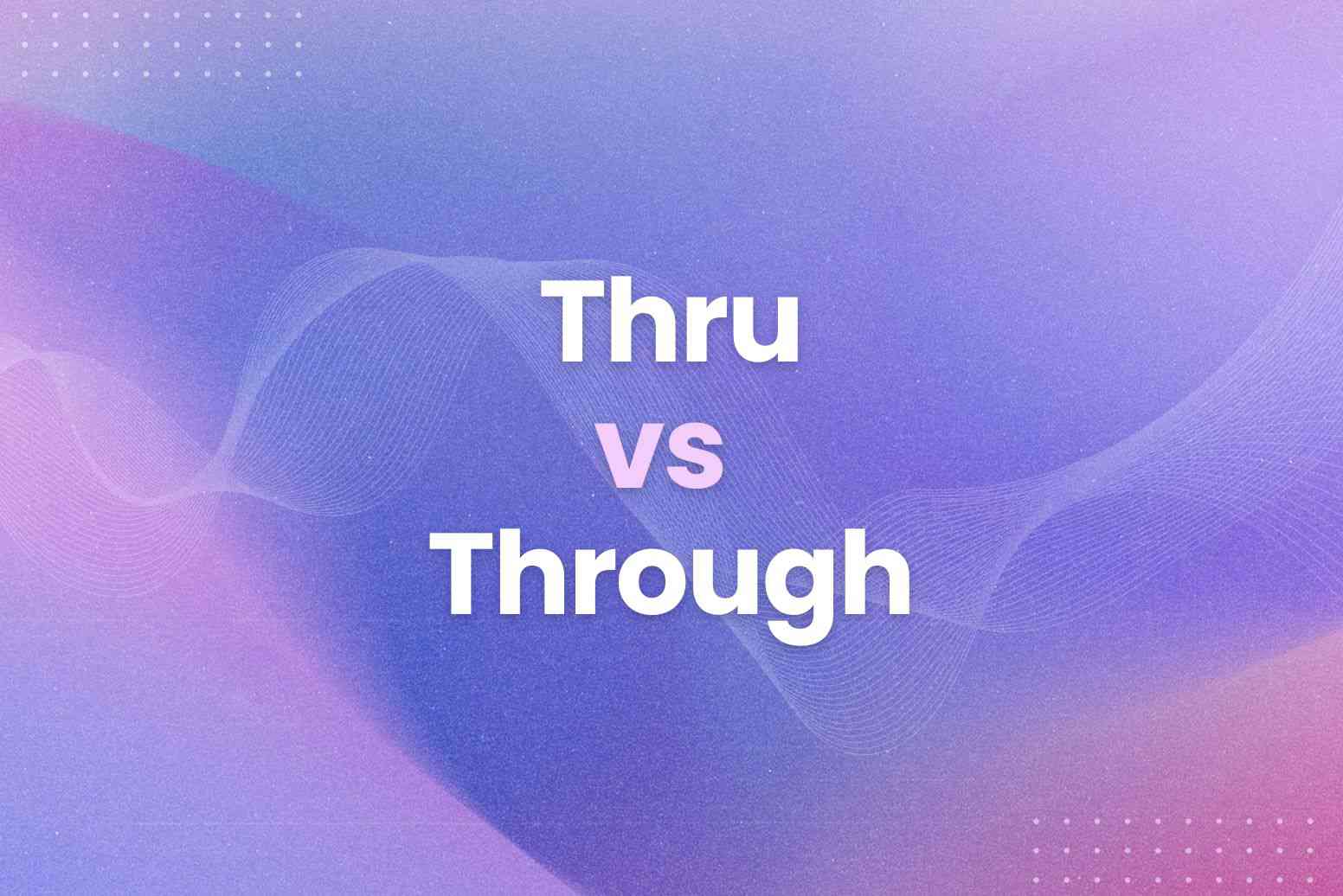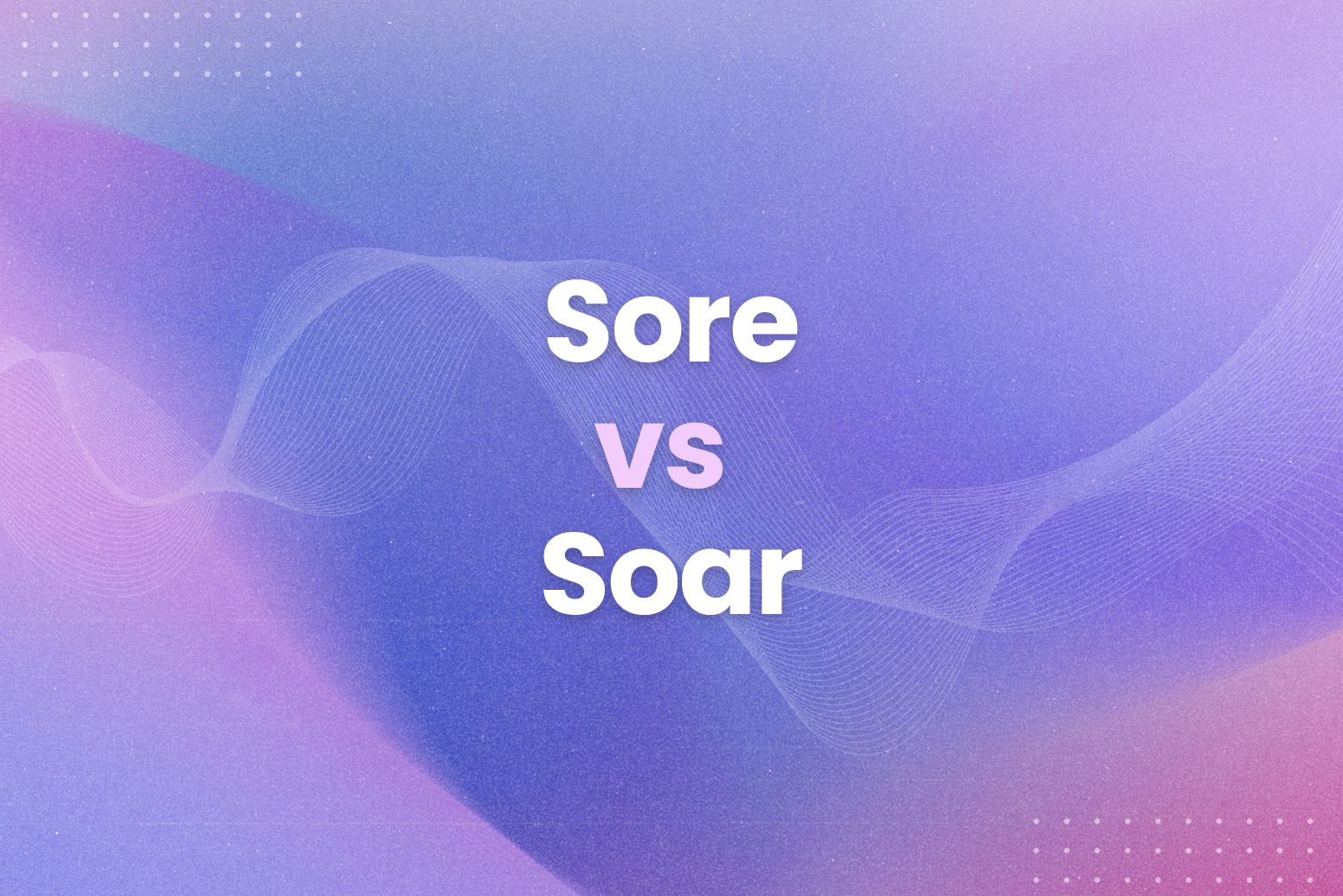“Whisky” or “whiskey”? Two spellings. One spirit. It seems like a small difference. But it has a big story. It tells of history. It tells of geography. And it tells of craftsmanship.
Ready to get started? Here’s what we’ll be exploring:
- Firstly, the historical roots of “whisky” and “whiskey.”
- Then, how pronunciation and production methods influence spelling.
- Regional variations and their impact on the naming conventions.
- How to use whisky vs whiskey correctly.
The History of Whisky vs Whiskey
Let’s go back in time. Way back to the 1400s. This is when whisk(e)y first appeared. Both spellings come from Gaelic. The term is “uisge beatha.” It means “water of life.”
Irish monks brought distilling to Scotland. This was around the year 1000. After that, both countries made whisk(e)y. Moreover, each country made it their own way.
Why Two Spellings?
At first, both Ireland and Scotland used “whisky.” In the 1800s, Irish distillers made a change. “Whiskey” became their spelling of choice. This set their product apart from Scotch whisky. The Irish believed their whiskey had higher quality. It also had a smoother taste. This was a branding strategy to show their whiskey was different and superior.
The spelling difference stuck. Now, “whiskey” usually means Irish or American. “Whisky” is usually Scotch, Canadian, or Japanese.
But here’s the thing. It’s not a hard and fast rule. You might find some exceptions out there. Some brands, even in Scotland, use “whiskey” on their labels. Ultimately, it comes down to each distillery’s preference and tradition.
Pronunciation and Production
The way we say “whisky” can actually give a clue about its origins. And it all comes down to how it’s made.
A Tale of Two Styles
- Whisky: In Scotland, pronunciation is quick. Moreover, it’s smooth. They don’t stress the “e.” It’s like “whisk-y.” Therefore, this shows their style. They make a lighter spirit.
Whiskey: In Ireland and the US, the “e” is clear. It’s like “whisk-ey.” Consequently, this links to bolder whiskeys. They have a strong flavor.
The “E” Factor: Why the Difference?
Why the different pronunciations? Firstly, it’s due to the stills used. Secondly, the ingredients matter. Different grains and yeasts create different flavors. As a result, this changes how we say the word. For instance, it’s like how wine tastes affect our descriptions.
Ever find yourself struggling to remember the correct pronunciation (or spelling)? Check out Arvin. This handy AI assistant can help you with grammar and spelling checks on any webpage.
A World of Whisk(e)y: Regional Variations
We’ve got the history and the pronunciation down. But here’s where things get really interesting: the influence of place.
Regional Rules
Geography matters when spelling whisk(e)y. It’s not random. Instead, each region has traditions. Also, they have regulations and legal definitions. These define “whisky” or “whiskey.”
Champagne can only come from the Champagne region of France, right? Similar rules apply in the world of whisk(e)y.
Here’s a quick rundown of some key regions and their preferred spellings:
- Scotland: Whisky (with no “e”) is the go-to here. They even have strict rules about production, like aging for at least three years in oak barrels.
- Ireland: Whiskey (with an “e”) reigns supreme. Irish whiskey is typically known for its smooth, triple-distilled character.
- United States: Whiskey is the standard spelling. But there’s a whole world of variety within this category. Imagine bourbon, rye, and Tennessee whiskey, each with its own distinct style.
- Canada: Whisky (no “e”) is the norm, often characterized by its smooth and light flavor profile.
- Japan: Japanese whisky usually follows the Scottish spelling and tradition.
Why Does Place Matter?
Regional variations aren’t just about spelling. They often reflect differences in:
- Ingredients: The types of grains used can vary widely, from barley to corn to rye.
- Production methods: Distillation techniques, barrel types, and aging processes. All contribute to the final flavor.
- Water source: Believe it or not, the water used in production can significantly impact the taste of the whisk(e)y.
- Climate: Even the local climate can play a role in how the spirit matures and develops its flavor.
So, the next time you see a whisk(e)y bottle, look closer at where it’s from. It’s a window into a whole world of flavor and tradition.
Using Whisky vs Whiskey Correctly
Let’s talk about how to use those spellings with confidence.
General Guidelines
- Stick to the label: When in doubt, follow the spelling on the bottle. If it says “whisky,” use “whisky.” If it says “whiskey,” go with “whiskey.” Easy peasy.
- Next, regional rules: Remember those regional preferences we talked about? Generally, “whisky” is used for Scotch, Canadian, and Japanese varieties. While “whiskey” is for Irish and American.
- Consistency is key: Once you’ve chosen a spelling. Stick with it throughout your writing or conversation. Don’t switch back and forth—it can get confusing.
Example Time
- For instance, “I’d love a glass of Scotch whisky, please.”
- Another example is, “That Irish whiskey has a lovely smooth finish.”
- Also, “Have you tried any Japanese whisky? It’s becoming quite popular.”
- Lastly, “Bourbon whiskey is a classic American spirit.”
Need a quick grammar check or spelling confirmation? Arvin can help. This AI-powered browser extension is like having a personal editor at your fingertips. Just highlight the text, and Arvin will provide instant feedback. Talk about a handy tool for any whisk(e)y enthusiast who also wants to write with confidence.
Become a Whisk(e)y Whiz with Arvin.
We’ve explored the world of “whisky” and “whiskey.” Furthermore, we’ve uncovered the history and production methods. Additionally, we’ve learned about regional nuances. Consequently, you now have whisk(e)y wisdom.
Here’s a quick recap of what we learned:
- Firstly, both spellings have the same origin. They come from the Gaelic term “uisge beatha.” This means “water of life.”
- Secondly, Irish distillers adopted “whiskey” in the 19th century to distinguish their products.
- Also, regional variations play a significant role in spelling and production styles.
- Lastly, pronunciation can offer clues about a whisk(e)y’s origin.
Want to share your newfound knowledge online? Arvin can help you craft clear, error-free content about all things whisk(e)y. From blog posts to social media updates. Arvin’s grammar and spelling checks ensure your writing is always top-notch. With Arvin by your side, you’ll be a whisk(e)y expert in writing and in conversation.

FAQs
Essentially, yes. Both refer to the same type of distilled alcoholic beverage made from fermented grain mash. However, the spelling difference primarily reflects regional variations and historical practices. In other words, “whisky” and “whiskey” are like two sides of the same coin.
This is where it gets a bit tricky. Generally, in the UK, you’ll see “whisky” (without the “e”) used for Scotch whisky. However, Irish whiskey, which is also part of the UK, retains the “e.” So, the spelling can vary depending on the specific region within the UK.
Canadians follow the Scottish tradition and typically use “whisky.” Similarly, they often have strict regulations regarding production. For instance, requiring a minimum aging period in oak barrels.
Interestingly, Australia tends to use both spellings. You might find “whisky” used for some local brands. While others, particularly those influenced by Irish or American styles, use “whiskey.” Ultimately, it comes down to the individual distillery’s preference.

